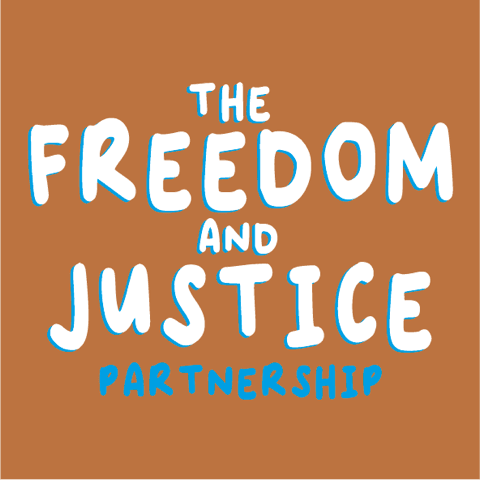Beneath the Floorboards
MP
Just over a decade ago, I visited a house in Togo, West Africa. While I was there, I found myself — on a day off — inside an old, rather unremarkable house. Please take a look at this photo, taken in January 2014 and carried with me at all times.

In the middle of the main room, to the side of a dining table and chair, there was a trap door in the floorboards. My guide said I could lift the door and go under.
I did — and looked around as best I could. The 2 to 3 foot drop led only to a dirt floor.
No light. No ventilation. Just packed earth.
Straightening myself and standing again, I looked at the guide — and he said to our group: “This house belonged to a slave trader. He would keep as many as 100 slaves under these floorboards… until the slave ship docked in the harbour.”
I remember thinking to myself: “How could someone sit at this table… eat his food… drink his wine… while a hundred fellow human beings suffered in darkness beneath his feet?”
That house has never left me. It reminds me that the worst suffering in the world often happens out of sight — beneath the floorboards.
A little over a year ago, I read a book that disturbed me more than anything I’d read in my life. It was about the children working in the cobalt mines of the Democratic Republic of Congo. The author described how the blood of the Congo powers our digital lives. And it was brutal.
Now — I’d worked in global development for over a decade. But this was different. I closed the book, feeling disturbed. And the disturbance would not go away. Not to tweet. Not to pray about it. Not to start a campaign. But to go.
A few months later, I called my friend Carl Beech and said: “I think I need to visit an artisanal cobalt mine in the DRC. It will be dangerous, expensive, and most people won’t want to help us. Will you come?”
He didn’t hesitate. Especially courageous given he had for some time been diagnosed with Parkinson’s disease.
And that’s how, last April, the two of us — two completely unqualified men from the UK — found ourselves standing at the edge of a cobalt mine in
Kolwezi.
We saw children as young as six working with no safety gear, no pay, and no protection. We saw women with babies strapped to their backs, hauling rocks in the heat.
We saw men hacking tunnels into the earth with nothing but their hands.
Although we were not supposed to, we took photos and videos.
Here is just a small sample from the hundreds of photos and
videos we captured.

And we saw this biblical scene feeding a global supply chain — for smartphones, laptops, electric vehicles — a supply chain that insists it’s clean.
And we saw this biblical scene feeding a global supply chain — for smartphones, laptops, electric vehicles — a supply chain that insists it’s clean.
But if that were true… Why is there still a need for children to do this work?
Why are there still 40,000 working in Southern DRC in this way?
The deeper horror we discovered was this: The system works — because of the
exploitation. Middlemen rig the scales. Buyers falsify reports. Leaders profit from chaos. Corporate profits rise. Governments collect more tax.
And it all depends on a hidden workforce — on outsourcing suffering.
And yet — even in the dust and despair — we saw hope.
A young boy danced for joy after receiving a simple pair of trainers.
In that moment, Carl and I knew: This couldn’t be a one-time trip. It had to be the start of something.
That’s how the Freedom and Justice Partnership was born.
Earlier this year, we helped 150 child miners, but we know that’s not enough. We’re not trying to reinvent what’s already working. Instead, we’re committed to backing the local projects that are already helping children — and scaling them with strength. And more than that, we’re building something bigger.

A cross-sector effort that brings together: Business, Philanthropy, Diplomacy,
Education, Health, Technology, and Faith.
Because if we’re going to change this, we need to:
- Build a business model that gives even corrupt actors a reason to transition
- Use technology to bring traceability and truth to supply chains
- Back local solutions with global courage
- And show that the Church will not look away
This is one of the most complex problems on earth. But it’s also one of the clearest moral lines I’ve ever seen.
We can’t look away. We can’t pretend we didn’t know.
I’m not asking for applause or sympathy. I’m asking for partnership.
Ambassador Tony Hall, we salute the incredible work you have done in a similar field, and as well as taking great encouragement from your story of how such complex and broken systems can be transformed, we are open to working together in any way we can to bring hope in this situation.
We need:
- Catalytic capital to support frontline work;
- Strategic minds to help shape a viable economic alternative;
- Champions willing to open doors and offer wisdom;
- And the courage to face one of the world’s hardest problems — and not flinch.
Because none of us can fix this alone. But together, we just might.
